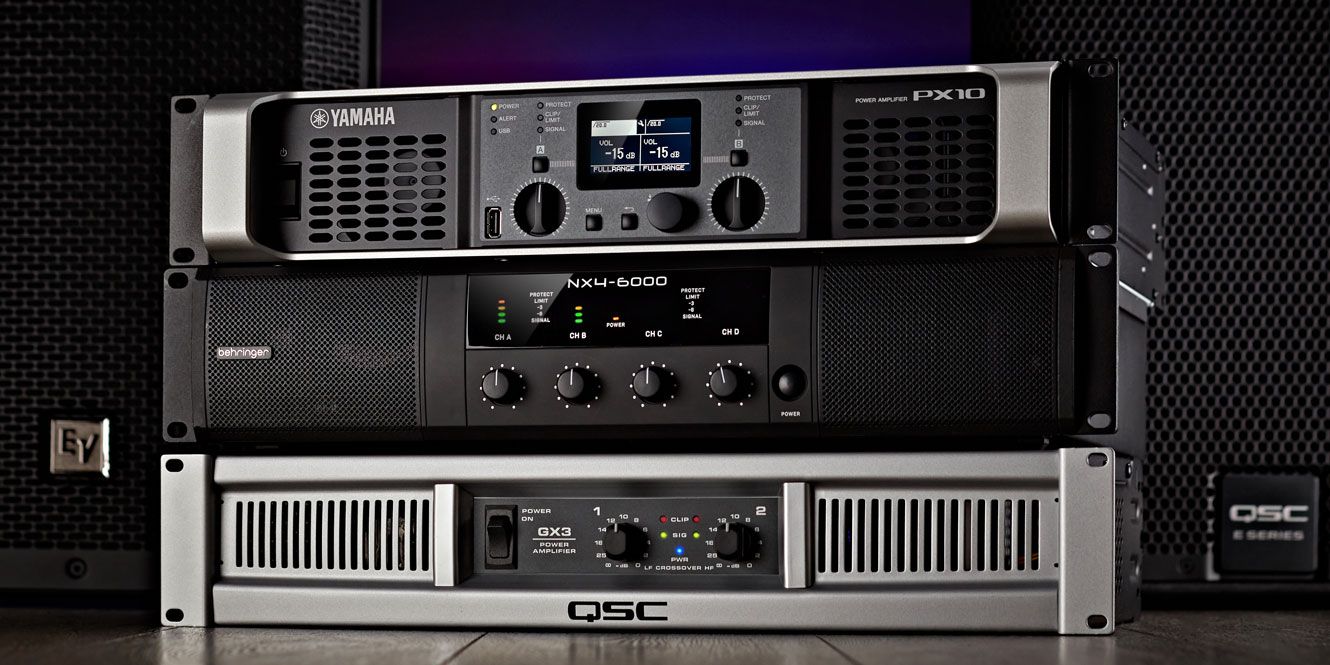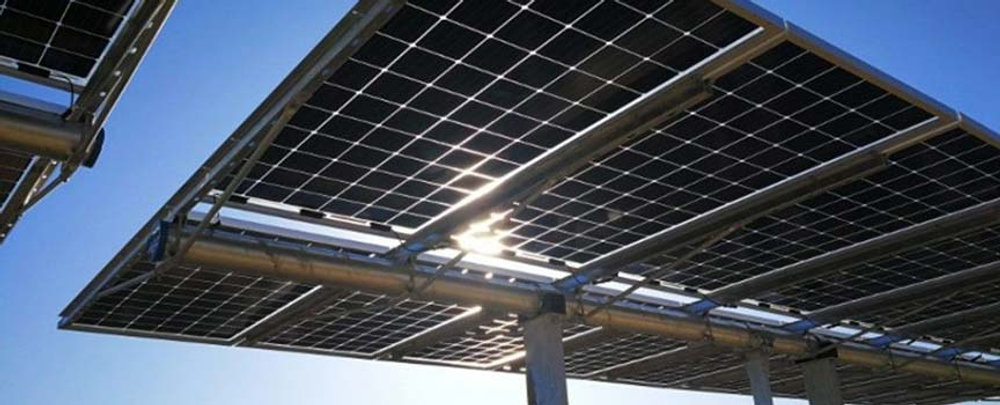In the last few years, thousands of millions of Apple gadgets were smuggled all over the border into mainland China. Here, they could alter for as much as 4x the cost in Hong Kong.
But much of that business has been cleaned out as Apple has unlocked additional stores in mainland. Recent new phone roll outs have been concurrent in Hong Kong and China rather than staggered. And local brands of phone have elevated their share of the largest smartphone market in the world. “I need to do something different, make a transformation,” claimed the shopkeeper in the middle of dozens of closed stores. “Now, depending on iPhones can hardly assist you make a living. You cannot actually make much money.”
He did want to be unnamed as he resells handsets to supposed corresponding traders. These traders buy products in Hong Kong to trade across the border at a profit. After a decade of selling handsets, the shopkeeper claimed that corresponding traders now contribute for less than 50% of his commerce, down from 80–90% earlier. Vendors now trade as much to Russia and the Middle East, he said to the media in a statement.
On a revenue meeting call this week, Tim Cook, CEO of Apple, accused Hong Kong for a 10% fall in quarter three of revenue for greater China. He noted a fall in tourists from mainland to Hong Kong and the local peg of the currency as compared to the U.S. dollar. He claimed that revenue of mainland China elevated 6% in adjusted currency policies. Statistics from industry experts displayed that Apple’s phone consignments declined.
iPhone consignments in China dropped as compared to the previous year for a straight second quarter, claimed a consultancy report to the media. It further added that consignment volume declined by 12% in April–June than 2016, and 14% from the last quarter. “People are eager for the upcoming iPhone. We anticipate shipments to bounce back in quarter three and quarter four. Income from MacBook and iPad sales made up for declining iPhone sales,” claimed the consultancy in its statement.
###










